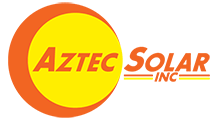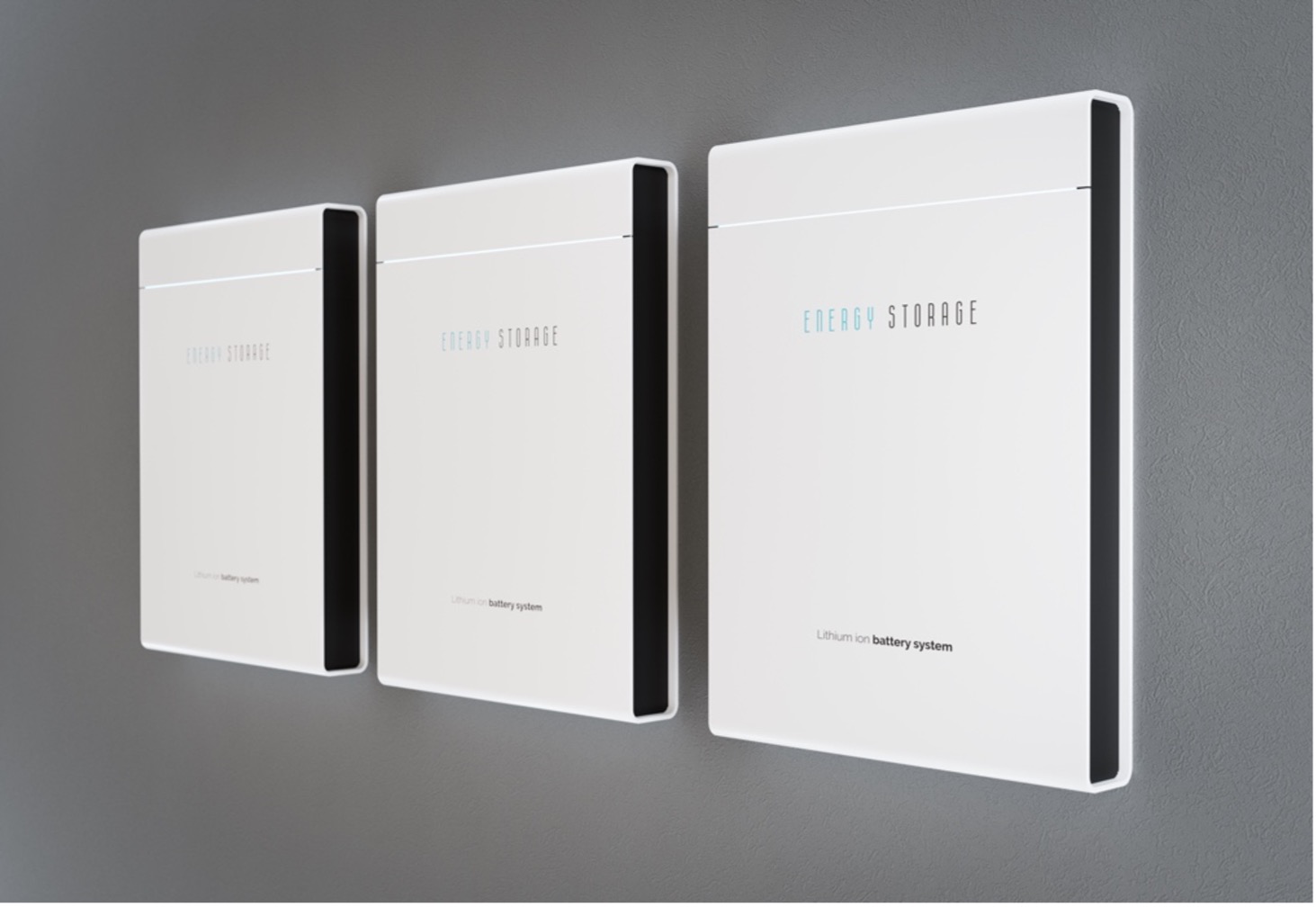In California, there are some changes coming to the net metering process. The Investor-owned utilities (PG&E, SDG&E, and So Cal Edison) are making changes to their solar agreements. Here is what consumers should know.
What Is Net Metering?
Net metering works by allowing energy generated from solar panels to be fed back into the power grid, which is then credited against future electricity bills. To set up a net metering system, an energy consumer needs to connect an array of photovoltaic (PV) panels or a wind turbine to their electrical supply, either directly or through a storage device. This will then feed excess energy into the grid, and it can be used as a credit against electricity bills in the future. Depending on the provider, net metering may also be suitable for use with battery storage devices that allow electricity to be stored for later use. The benefits of net metering are numerous; it reduces overall energy consumption, helps combat climate change and allows people to save money on their utility bills while investing in renewable energy sources.
What Recently Changed With Net Metering?
The California Public Utilities Commission (CPUC) voted to reduce the average export rate in California from $0.30 per kWh to $0.08 per kWh. This will begin on April 14, 2023. The Commission noted that their decision still offers customers benefits and savings even with this steep reduction of rates, which currently range from $0.23 – $0.35 per kWh cut down to an average of $0.05 – $0.08 per kWh.
Who Is Impacted?
Customers within the three IOUs, who have new systems installed and connected to the grid before the April 14, 2023 date will still benefit from the current net metering rates. Customers who have new systems have until April 14, 2023 to submit their interconnection application. Applications submitted after April 14, 2023 will be subjected to the new net metering rates.
What Should New Solar Panel Customers Do?
If you plan to purchase a new solar system after April 14, 2023, then you should combine solar panels with solar battery storage. Solar batteries provide numerous benefits related to energy savings: they store surplus energy during peak utility hours, enabling homeowners to use the same power when rates are lower or remove their dependence on grid electricity altogether. Furthermore, unlike other traditional fuel sources, solar batteries are much more environmentally friendly and remain functional even when power outages occur due to natural disasters or other crises, thus ensuring your home remains powered even in the most uncertain times.
If you have any questions, contact us today!



Recent Comments